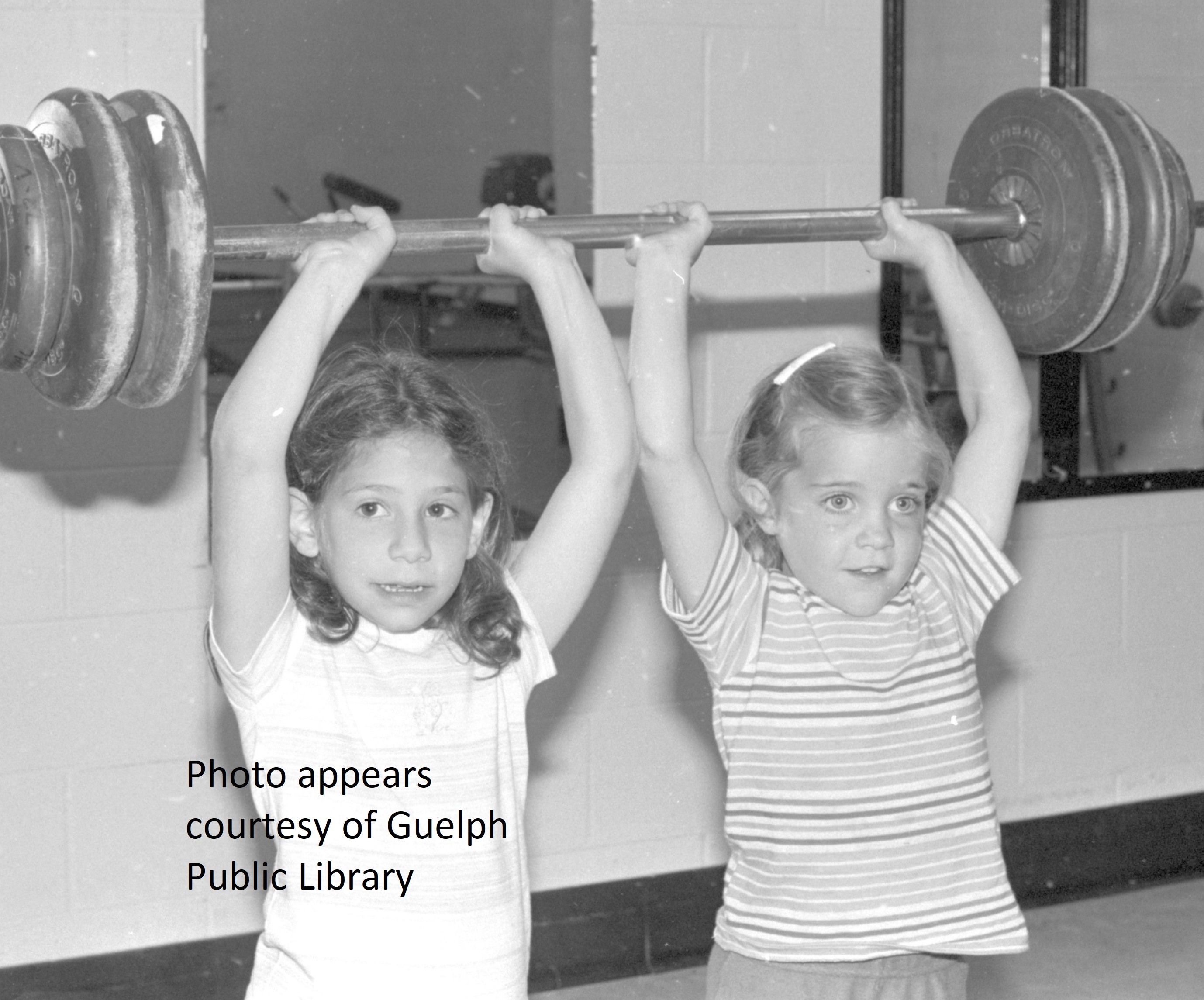Dr. Anne-Marie Zajdlik: Courage and Hope in the Face of Global Pandemics
The threat of the COVID-19 global pandemic is terrifying on its own. What many of us may not realize is that millions of people are simultaneously fighting a second pandemic caused by HIV/AIDS. In these dark times, people will look to sources of light to help them navigate through these tough experiences. For residents of Guelph and people around the world, Dr. Anne-Marie Zajdlik has been their source of hope and guidance. Her courage in the face of COVID-19 and her tireless efforts at helping HIV/AIDS patients shows that two pandemics will not prevent her from being the leader that everyone needs.
Dr. Zajdlik began her work with HIV/AIDS patients during a time when dangerous rumours surrounded the virus and created misunderstanding of its transmission. This led people to abandon loved ones suffering from HIV/AIDS out of fear that they would catch the virus by being in close proximity. Dr. Zajdlik confronted this harsh reality during her medical studies at McMaster University, where she spent a significant amount of time treating a dying man with HIV/AIDS who had been cast aside by everyone in his life. Despite the fear that plagued the era, this experience only inspired Dr. Zajdlik to know more about the virus. Soon after, she would begin a lifelong career dedicated to helping patients suffering from HIV/AIDS.
In Guelph, Dr. Zajdlik got to work in treating HIV/AIDS patients. At one point, she was one of the only HIV/AIDS physicians available in the area, going from treating 9 patients to over 70. Her tireless efforts to improving services for these patients led to the establishment of the Masai Clinic, a provincially funded HIV/AIDS clinic in Guelph. The Masai Clinic is now part of ARCH (HIV/AIDS Resources & Community Health). The Clinic owes its name to a baby named Masai, who was born at Guelph General Hospital in 2003. Masai had tested negative for HIV/AIDS despite the fact both parents were positive. In an article for the Wellington Advertiser, Dr. Zajdlik stated that Masai’s birth was a turning point in her life as it showed what effective medical treatment could do for these patients.
Dr. Zajdlik's goal of improving the lives of people living with HIV/AIDS became global after she attended a lecture by activist Stephen Lewis and learned about the barriers faced by HIV/AIDS patients in Africa. That very year, Dr. Zajdlik started an aggressive campaign, known as the Bracelet of Hope, to fundraise to build a clinic for HIV/AIDS patients in the country of Lesotho. The campaign was a huge success. Not only did it accomplish its intended goal of building the clinic but it supported hundreds of African women workers and their families.
Today, Dr. Zajdlik has brought her vast knowledge to the fight against COVID-19. On social media, Dr. Zajdlik provides up-to-date information on the pandemic, vaccines, testing and how to stay calm. Despite facing two damaging pandemics, Dr. Zajdlik has consistently responded with courage, dedication and leadership in guiding people through these tough times.
|
A digitial image of the human immunodeficiency virus (HIV). HIV works by attacking a persons immune system and makes them vulnerable to other diseases. To learn more visit hiv.gov.
Pictured above is the beautiful country of Lesotho. The image features hills, grass and there is a tent. Dr. Zajdlik established the Bracelet of Hope Campaign in 2006 with the goal of raising $1 Million for the Tšepong Clinic in Lesotho, the first AIDS clinic in that country.
|

